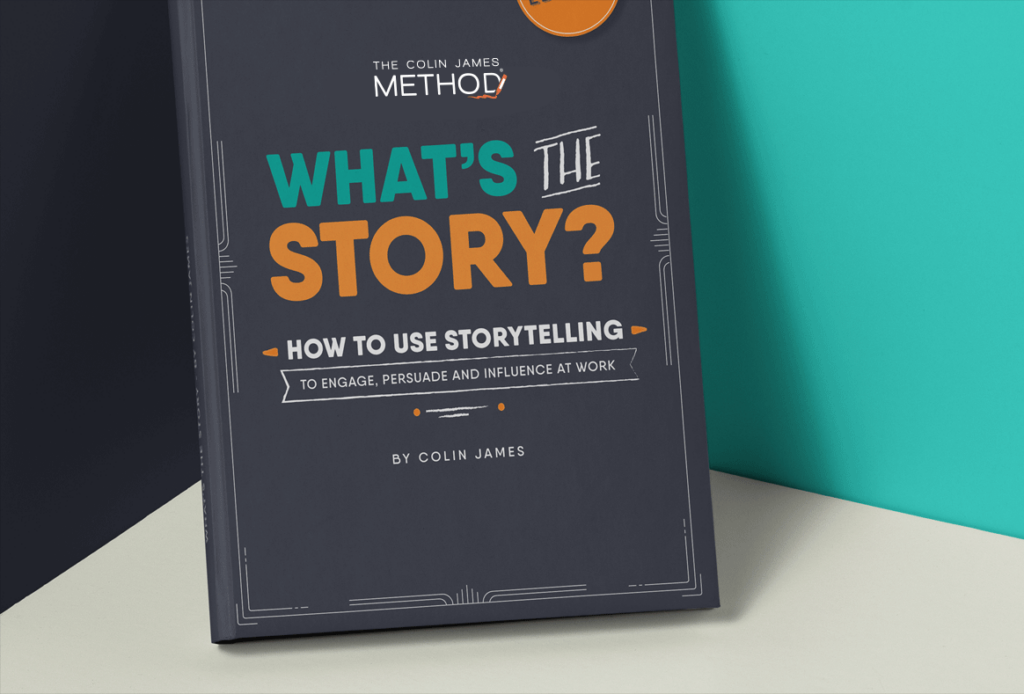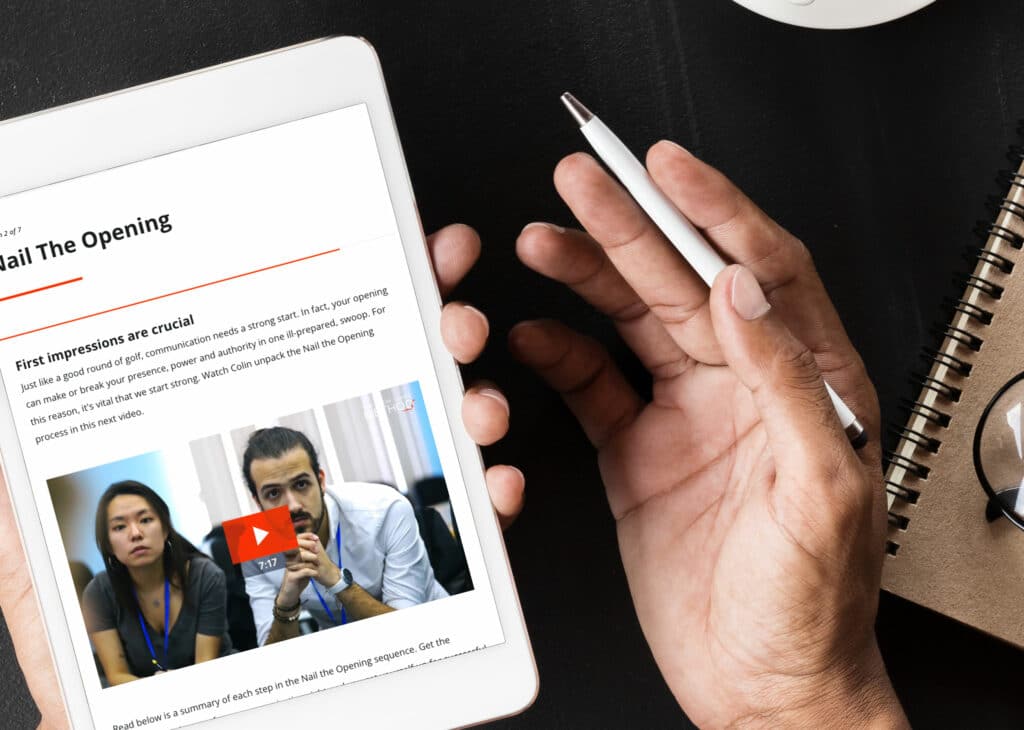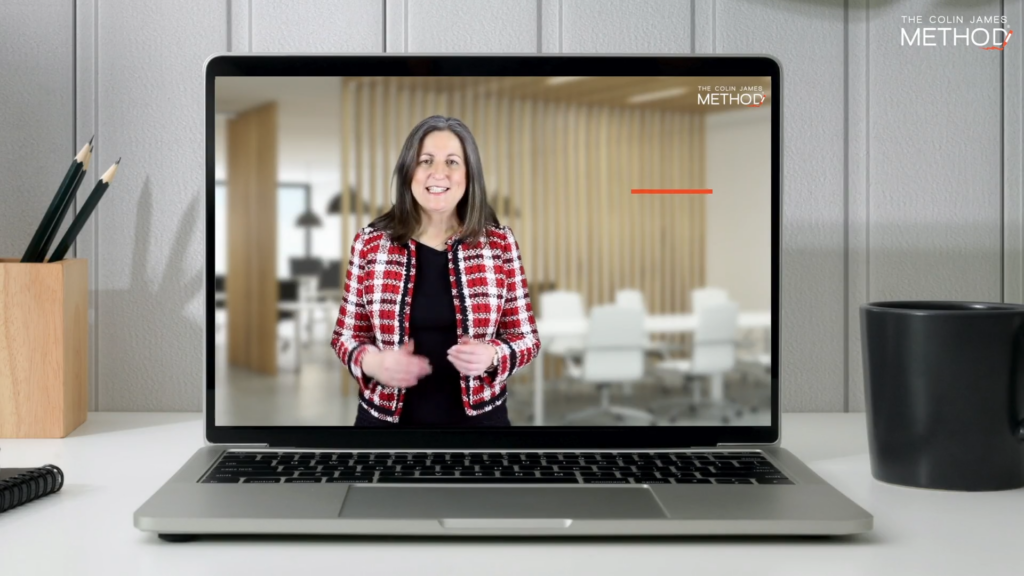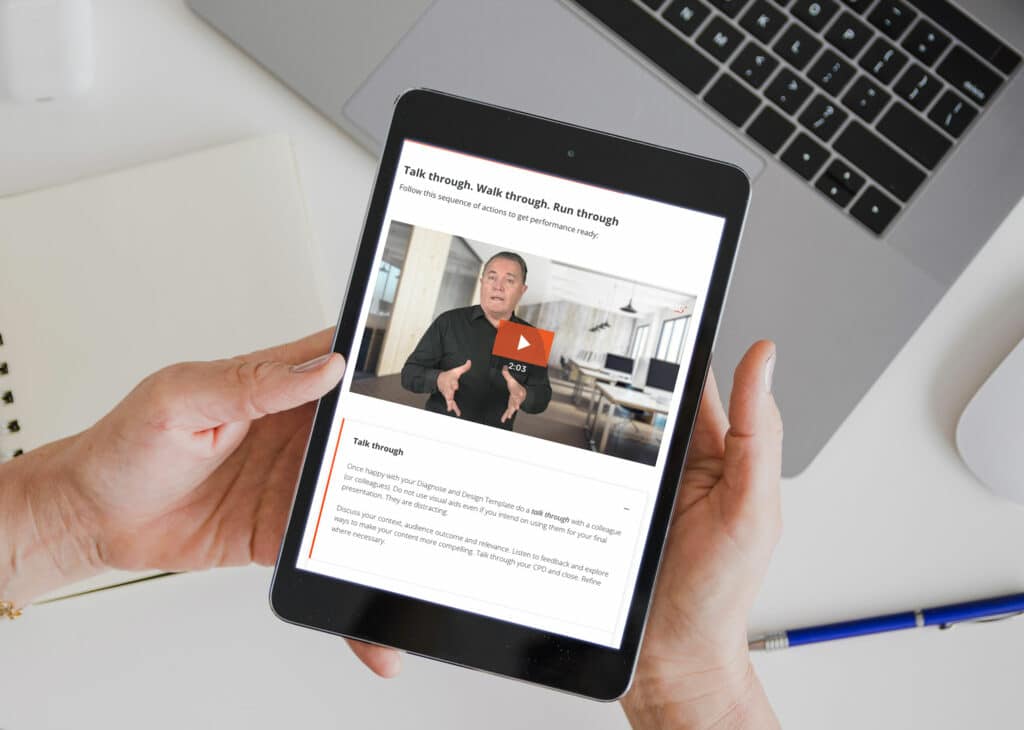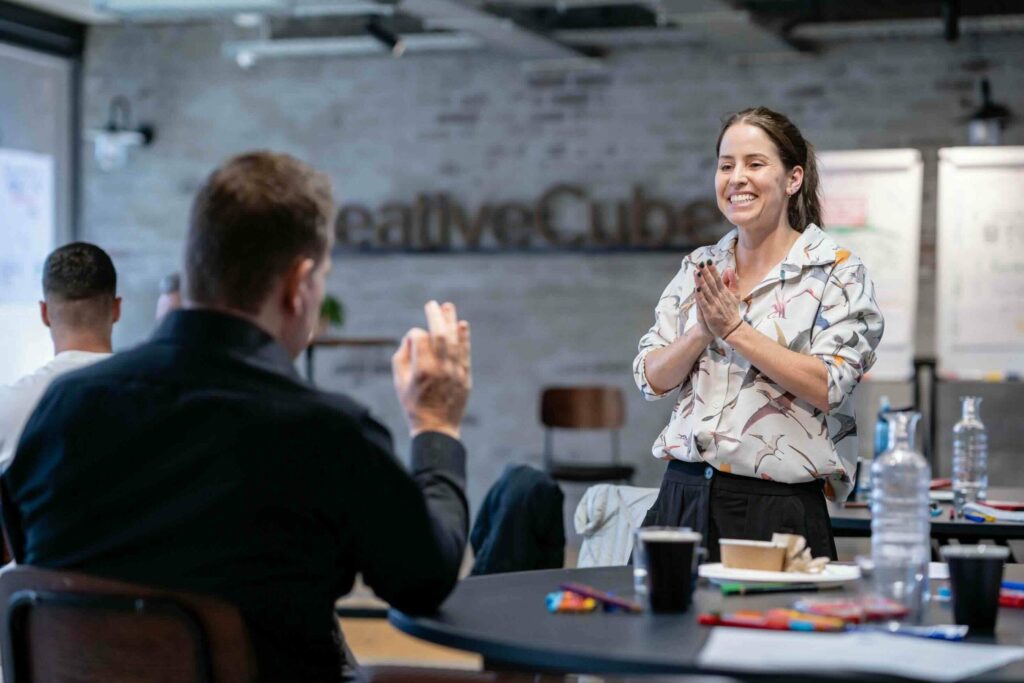I’ve always been academic. I’m just one of those people that can learn and absorb theory, I guess. But without a doubt, I also learn by doing. Any sort of practical skills, I have to learn by being put in the driver’s seat, so to speak.
For example, I cannot remember directions – however many times I’m told them or taken a particular route. I have to do the navigation myself, at least once but more like 5 times in order to commit the directions to memory.
Why? Because unless I’m doing it myself, I’m not engaged in it. My brain switches off. It thinks, ‘well, I don’t need to pay attention here because someone else is doing it.’
By contrast, if I have to find my own way around an area I don’t know, 2 things happen:
- I pay a lot of attention to my surroundings, the map, or the person giving me directions; and
- I remember my route, so I can find my way back or do the same route again in the future.
This is just a small example that shows the power of ‘learning by doing’ or experiential learning. If you’re an ambitious professional that wants to climb the career ladder, it’s important to remember this, and the following benefits of practical skills training, when you next look for professional development options.
Why practical skills training and experiential learning styles are better
- Reduces the Ebbinghaus forgetting curve
- Increases participant engagement and ownership
- Gives access to real-time problem-solving and feedback
- Provides risk-free practice environment
- Makes progress and improvement evident
5 reasons why hands-on learning is more effective than theory
1. Counters the Ebbinghaus forgetting curve
Even if you haven’t heard of the Ebbinghaus “forgetting curve”, you’ve definitely experienced it. The forgetting curve shows how knowledge is lost over time if the individual makes no attempt to retain it. In fact, it’s reported that 80% of learned information is forgotten within one month of it being taught. This makes the majority of classroom-based training a complete waste of time and money. With practical training, however, the information is learned and put into practice straight away. This repetition and practical skills application is also called ‘sustained learning’ and it’s what supports the retention of the knowledge.
2. Learning the ‘how’ increases participant engagement and ownership
The majority of corporate training focuses on the ‘what’ and maybe even the ‘why’. But it’s the ‘how’ that empowers us to be brave and apply our knowledge, to experience what it feels like to do whatever it is we’ve just learned and feel confident doing so. When you’re immersed in training like this and allowed to put your practical skills to immediate use, you are naturally more engaged in the process. Not only that but you take responsibility for your learning because you can’t hide behind a textbook or stay quiet while someone else answers the questions. With experiential learning styles, learners become active participants.
3. Gives access to real-time problem-solving and feedback
‘Learning by doing’, in the presence of a trainer or facilitator, gives you access to feedback in real-time. This sort of personalised, real-time feedback loop within a training context is often called ‘contextual learning’.
Contextual learning is fast becoming the preferred method of training because it is in the moment. It works by analysing context-sensitive factors, such as the actions the user is taking, their professional background and experience, and the goals of the business, to provide tailored support.
4. Provides risk-free practice environment
One of the most powerful aspects of hands-on training is that it allows you to practise in a fully supported and entirely risk-free environment. Participants are immediately given the opportunity to put what they’ve learned into practice, which improves memory retention and helps to reduce any fear or anxiety associated with the activity.
Take public speaking, for example. We often come across nervousness around speaking in the training room, even in relatively confident professionals. That’s one of the reasons our Virtual Reality training is becoming so popular; because it allows program participants to practice their communication skills in a simulated environment.
5. Makes progress and improvement evident
With this sort of hands-on practical skills training, you aren’t left wondering whether or not you’re doing well. You don’t have to wait until the end of the course or program to take an assessment and receive a rating on what you’ve learned. You’re applying your newly-learned knowledge all the time, making adjustments and improvements based on feedback as you go along. This makes progress very visible, which in turn boosts morale, confidence and ability.
So, if you really want to make an impact at work and grow your skills to give your career a boost, make sure you learn the ‘how’; choose corporate training that’s based on experiential learning to give yourself real, usable, practical skills. The Colin James Method® provides immersive, business-relevant practical training that will help to increase your influence, impact and presence in the workplace. Find out more about our unique training programs.
The Colin James Method® Facilitators train corporate executives to improve their professional communication skills with a proven methodology. Our highly trained Facilitators and Coaches are recognised for their experience in their fields and have worked with many individuals and organisations around the world to master the art of communication.

